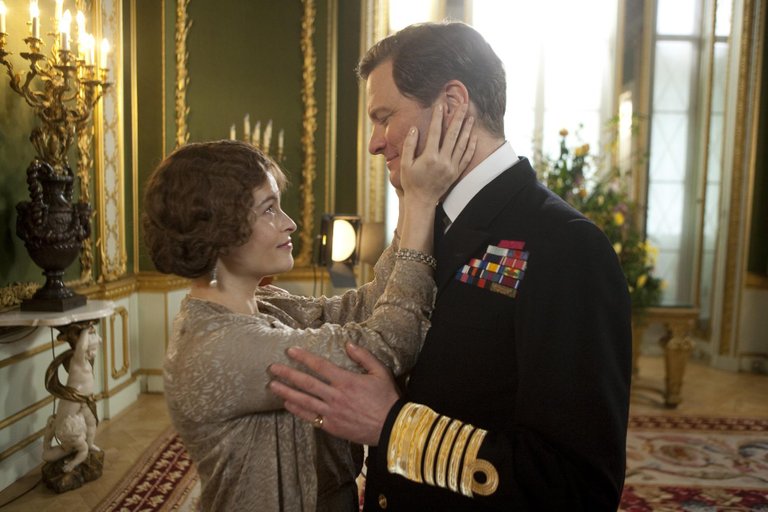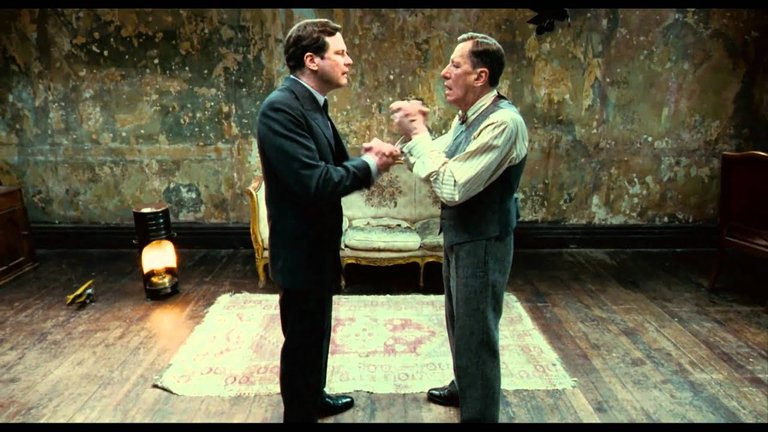
Source
Why should you watch it?
Everyone has encountered numerous types of adversity in their life. Some are more serious, like physical impairments, and mental health problems, and some are less, like financial troubles, or interpersonal conflicts. Even so, different people experience this kind of situation in a different way, depending on the contest, their background, on the mental strength they have and so even the same kind of problem can be perceived in a very different way by two different persons.
It takes a combination of inner resources and outside help to overcome adversity.
A growth mentality, having realistic goals, and maintaining a good attitude can all be quite helpful in overcoming challenges. It's important to keep in mind that development is frequently gradual and setbacks are inevitable, but with perseverance and dedication, people may get through the challenges in their way.

Source
In real life, friendships can offer moral support and inspiration when facing challenges. Friends can act as sounding boards, assist with problem-solving by reframing issues, and provide fresh viewpoints. A person's viewpoints and understanding of the world can be expanded by having friends from various backgrounds, which makes it simpler to deal with adversity.
When you are a knowledgeable person and you have a lot of responsibilities, your problems are even more amplified than for "normal" people. Being the king of a very powerful nation, and not being able to express themselves because of a physical impairment can be very frustrating.
But also in this very extreme case, relationships can still be important and supportive despite differences in socioeconomic class and background, as seen by the friendship between King George VI and Lionel Logue in this movie. When the same aim or experience brings two individuals together, their differences can strengthen their connection and aid them in overcoming obstacles.

Source
King George VI is torn between his public and private roles, trying to juggle between an intimate and personal family (wife, offspring, and private dimension) and a royal one, in which the typical problems known to most people alternate with the duties that the institutions attribute to their members. The technical construction of the movie makes it seem as though there were no difficulties in its realization. The King's Speech is one of those movies that asserts its status image after image with firmness and elegance rather than shouting or imposing itself on the viewer, typical of those masterpieces in which every single element does exactly what it is supposed to.
The portrayal of George VI is undoubtedly kind and charitable, yet it isn't sappy or stereotypical.
The portrayal of Lionel Logue, an Australian speech therapist and unsuccessful actor with a passion for theater, is more ambiguous.
With the help of David Seidler's screenplay, he can virtually unravel King's mentality and look for the cause of his stuttering among the meanders of the strict and up until that point unassailable (at least for Bertie) rigidity of childhood that must be at least partially avoided. Despite serving as a sort of "coach," Lionel is nonetheless at the whim of King George VI.

Source
In this film, the performance is outstanding. It was difficult not to feel a connection to King George VI since Colin Firth portrayed the role with such conviction and authenticity. He and Geoffrey Rush had incredible chemistry, which resulted in some really memorable scenes.
Finally, The King's Speech's stunning visuals greatly raised the bar for the production. The cinematography was amazing and gave the movie a sense of importance, from the breathtaking landscapes to the detailed intricacies of the palace. The use of light and color was also spot-on, creating a warm and inviting atmosphere that perfectly complemented the story.

Plot
In the 1930s and 1940s, King George VI of the United Kingdom is the subject of the movie "The King's Speech." The king experiences a serious speech impediment at this time, which makes it challenging for him to deliver speeches in front of large crowds. The monarch chooses to seek aid from a speech therapist named Lionel Logue as World War II approaches and he needs to give his people a message of hope. The king starts working with Logue, an eccentric and unconventional guy, to get over his speech handicap, but their initial interactions are difficult and tense. But as time goes on, a great relationship and bond forms between the two guys, which empowers them to persevere in the face of adversity.

Conclusion
In conclusion, I thoroughly recommend The King's Speech to everyone who appreciates superb storytelling, outstanding performances, and stunning visuals. The story is one that will stick with you long after the credits have rolled, and the movie really takes you to another time and place. The King's Speech is certain to please, whether you enjoy historical dramas or are just searching for a well-made film.

Source

Rating
My personal vote is:
8.0/10

Farewell image and text separators, created by me with Canva